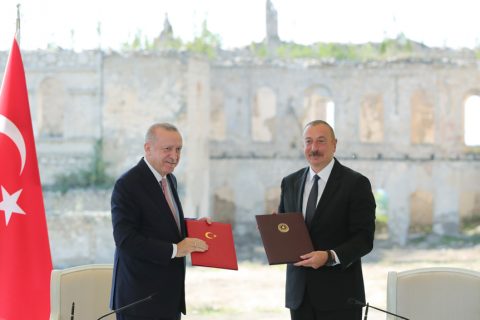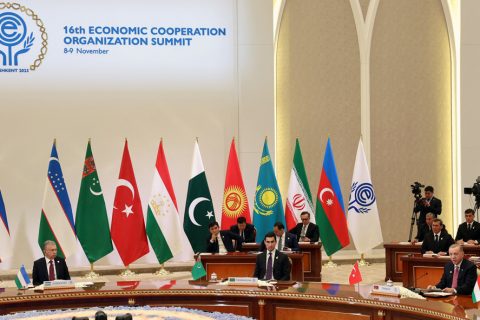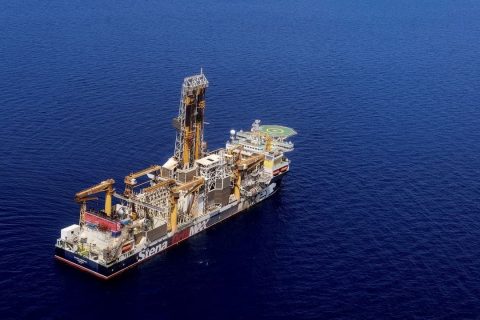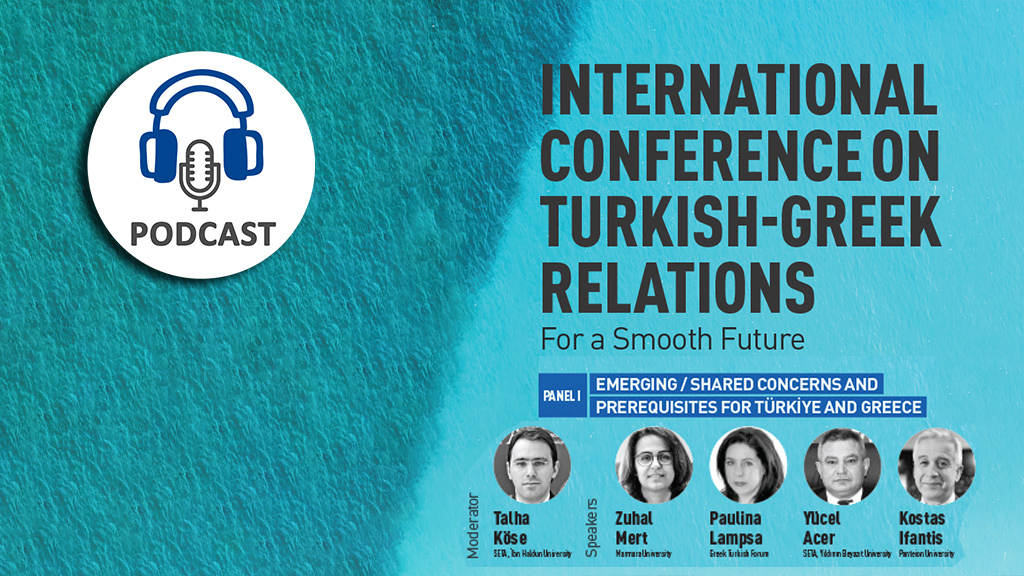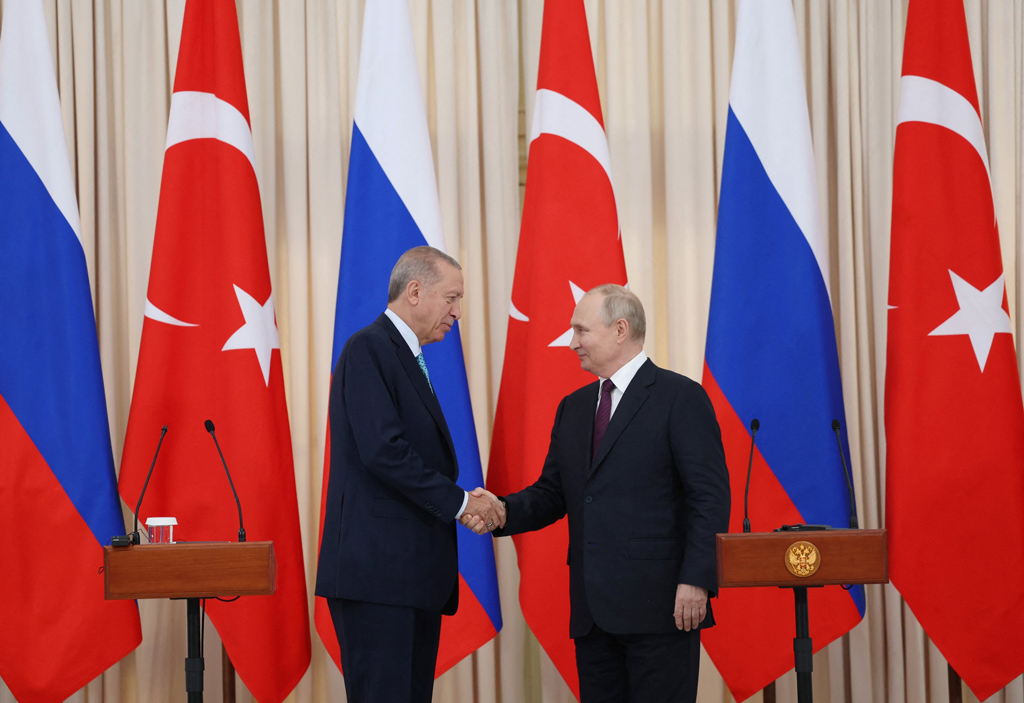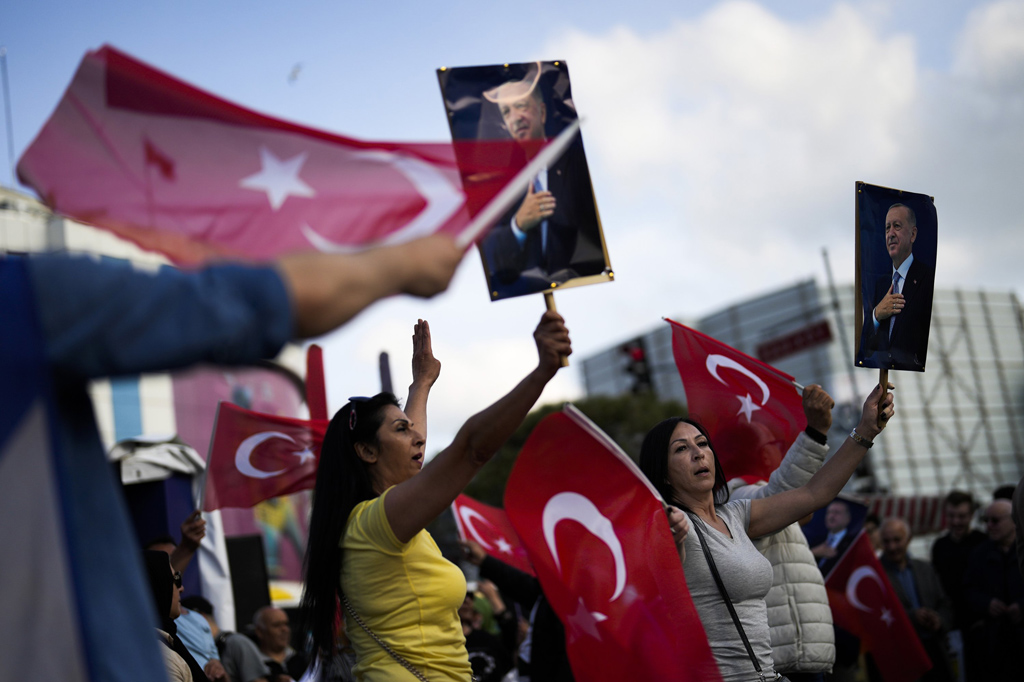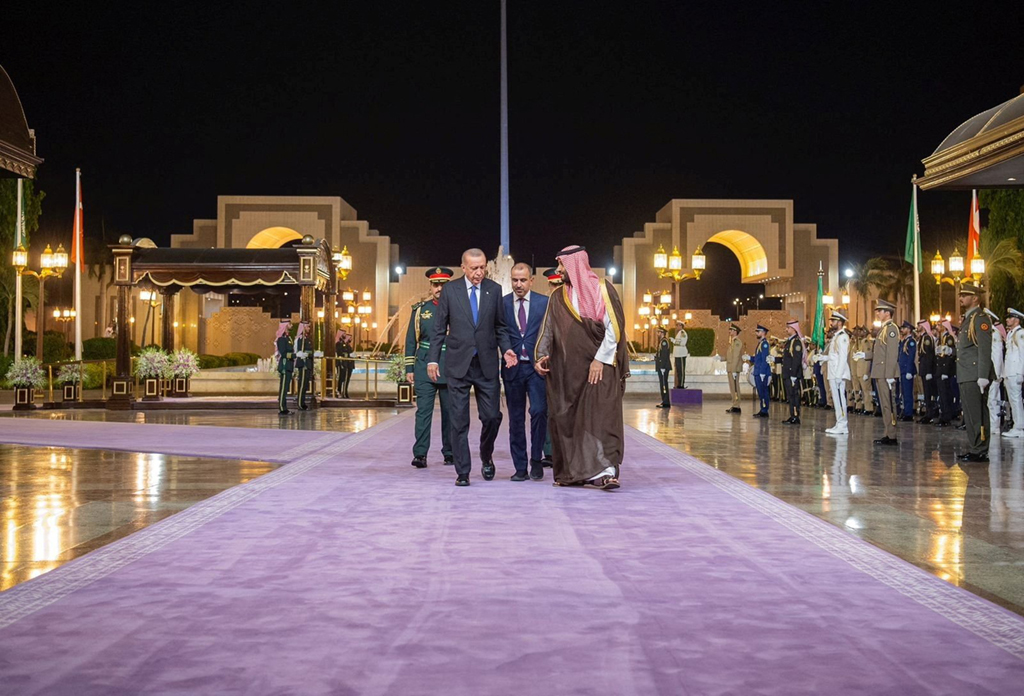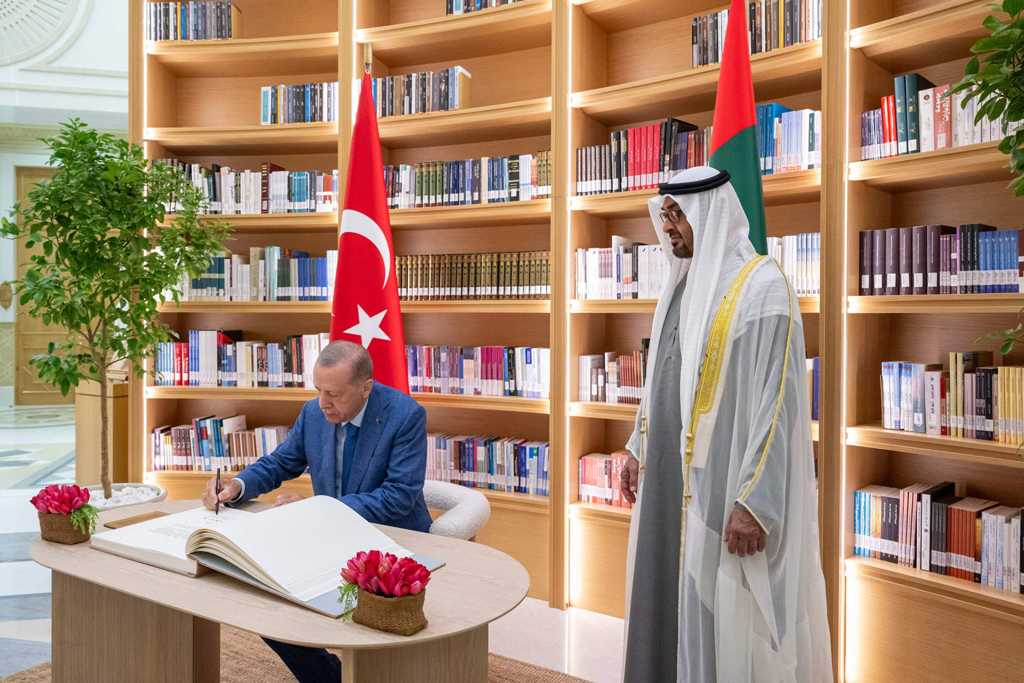Turkish Republic of Northern Cyprus (TRNC)
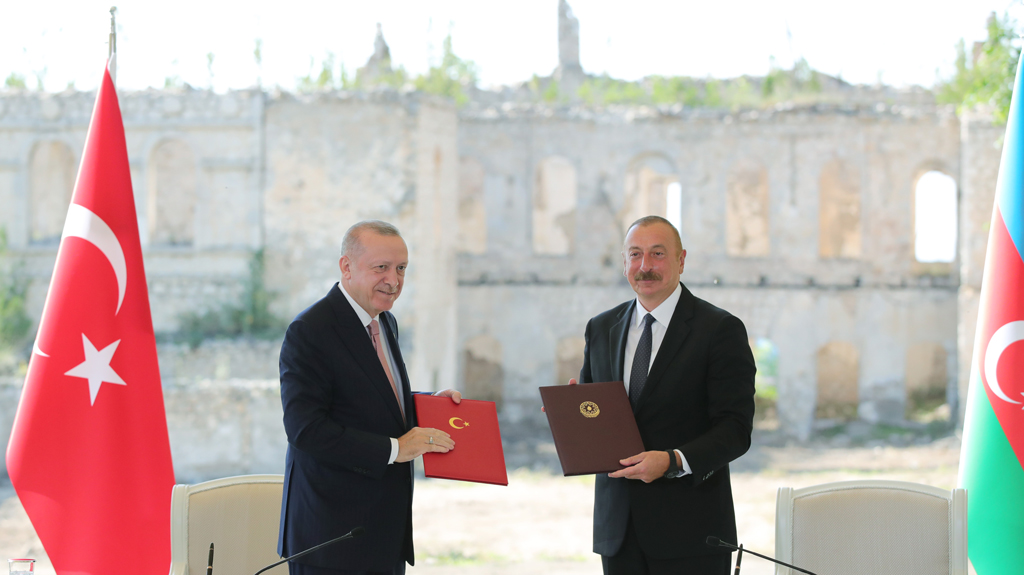
Azerbaijan and the Rise of Turkic Unity: The Journey of the Organization of Turkic States
| OpinionThis commentary delves into the evolution of the Organization of Turkic States (OTS), highlighting its …
-
Opinion
Azerbaijan and the Rise of Turkic Unity: The Journey of the Organization of Turkic States
By Farid ShafiyevThis commentary delves into the evolution of the Organization of Turkic States (OTS), highlighting its transformation from a consultative mechanism to a robust international entity with geostrategic significance. The paper examines key developments such as the Shusha Declaration, the impact of the Second Karabakh War, and the strategic partnership among Turkic states in the context of global geopolitical dynamics. The paper focuses on Azerbaijan’s vision of the development of the Turkic unity, some historical aspects, which preceded the idea of the Turkic unity, and contemporary trends in the regional and global politics, which gave impetus to the enhancement of the OTS. The conclusion highlights the importance of Turkic unity as it stands out more prominently in the complex geopolitical environment and posits that trends make it necessary to strengthen and develop cooperation among the Turkic states.
-
Opinion
Erdoğan’s messages from the Tashkent summit
By Burhanettin DuranPresident Recep Tayyip Erdoğan visited Tashkent, Uzbekistan, for the 16th Economic Cooperation Organization (ECO) Summit. Besides attending ECO’s General Assembly meeting, he held meetings with the host, Uzbekistan’s President Shavkat Mirziyoyev, as well as Iranian President Ebrahim Raisi and President Ersin Tatar of the Turkish Republic of Northern Cyprus (TRNC).
-
Opinion
Erdoğan’s Israeli pipeline message: Best route via Türkiye to Europe
By Burhanettin DuranPresident Recep Tayyip Erdoğan spoke with reporters covering his day trip to Nakhchivan, Azerbaijan, where he attended the groundbreaking ceremony for the Iğdır-Nakhchivan Natural Gas Pipeline with Azerbaijani President Ilham Aliyev. His main remarks included the following:
Bu Konuda Daha Fazla
-
Podcast: International Conference on Turkish-Greek Relations: For a Smooth...
Panel I: Emerging / Shared Concerns and Prerequisites for Türkiye and Greece
-
What happened at Erdoğan-Putin summit in Sochi?
By Burhanettin DuranSuccessfully managing the risk of a confrontation in Syria, the two leaders strengthened their cooperation in a broad range of areas, including energy, tourism and defense. As the bilateral trade volume reached $69 billion, the two nations set a new target of $100 billion. Against the backdrop of the construction of Türkiye’s first nuclear power plant in Akkuyu, there are ongoing talks over the possibility of building another plant in Sinop.
-
Türkiye builds regional stability axes
By Muhittin AtamanTürkiye has continued where it left off after the last presidential and parliamentarian elections. The Turkish political leadership has been continuously struggling to increase its strategic autonomy in international politics and to build different axes of stability in regions, reflecting its multilateral foreign policy understanding. When looking at the most recent visit to Ankara and Turkish visits to other countries, we can see that Türkiye will continue to invest in regionalism and minilateralism in the near future.
-
Recalibrating Türkiye-Gulf relations
By Muhittin AtamanAs a reaction to certain regional and global developments, a large-scale normalization process was initiated in the Middle East at the beginning of 2020. As part of this normalization, Türkiye and the Gulf states normalized their relations three years ago to increase their autonomy and effectiveness in international politics.
-
Türkiye is rising actor in the Gulf
By Burhanettin DuranDeepening Türkiye’s ties with those three Gulf states in trade, defense, technology, communication and security amounts to more than just reciprocal investments. After all, Türkiye has been gaining influence over the balance of power in that region. The country now seeks to form strategic alliances with Riyadh and Abu Dhabi – as it did with Doha several years ago. It is also possible for other Gulf states to become part of that trend.
